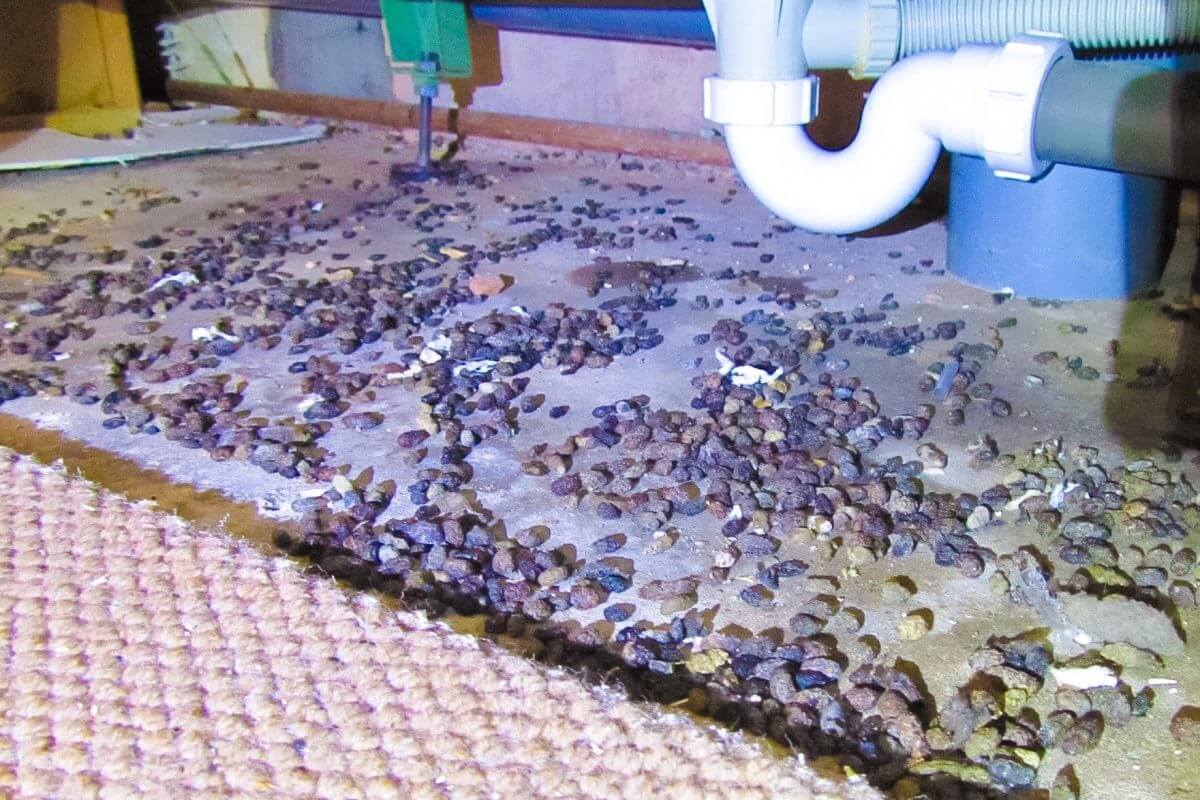Do Mice Harm You? | Pale Horse
Do Mice Harm You?
How Mice Harm Humans In The UK
How Harmful Are Mice To Humans?
Our Bristol Mouse Control Service routinely discovers mouse infestations that could pose a risk to human health.
Mice might be the tiny little creatures of fairytales and cartoons, but they are also a public health menace that threatens the safety and welfare of humans worldwide and not just in the UK or Bristol. Mice found in the UK include:
- Wood Mouse
- Yellow-Necked Field Mouse
- House Mouse
- Harvest Mouse
Mice have a habit that makes them particularly hazardous to your health and this is a mouse behaviour often overlooked and underreported.
Fortunately, it’s an animal behaviour we know well. It’s why experts in environmental health make short work of businesses that have mouse problems because the disease transmission and contamination risk is so high and so likely.
Mice are not incontinent of urine and faeces, but they will deposit bodily fluids on the surfaces they come into contact with as a means of communicating chemically with other mice. This also means that every mouse that passes over a food preparation surface may inevitably leave behind the unwanted gift of disease.
How Easily Do Mice Transmit Diseases To Humans
In practice, the likelihood of mouse to human transmission is very low but the transmission does occur readily, especially in. properties with high mouse populations that remain uncontrolled for prolonged periods.
Mouse borne diseases and parasites.

Diseases Carried & Transmitted By Mice In The UK
- Salmonella – Severe and sometimes fatal food poisoning.
- Tularemia – If bitten by a rodent, tularemia bacteria can attack your immune system and lungs.
- Leptospirosis – Weil’s disease – a notifiable disease leading to multi-organ failure and death.
- E.coli 0157 – This frightening disease from rodent faeces causes renal failure and intestinal bleeding.
- Lymphocytic Choriomeningitis Virus – Viral Meningitis that starts innocently like the flu.
- Plague – Very rare in this country but cannot be excluded from thought.
How Mice Spread Parasites & Diseases
Routes of Disease Transmission Include
- Biting
– you, your children, family, pets or livestock
Urine & Droppings
- Infecting
your groceries and work surfaces with urine and over 30 droppings each night
- Being eaten
– by your pets
- Contaminating
– pets and your pet’s food and water
- Spreading blood-sucking parasites
like fleas, bed bugs and mites
- Contaminating
– water supplies, especially where they fall into water tanks
- Biting – you, your children, family, pets or livestock Urine & Droppings
- Infecting your groceries and work surfaces with urine and over 30 droppings each night
- Being eaten – by your pets
- Contaminating – pets and your pet’s food and water
- Spreading blood-sucking parasites like fleas, bed bugs and mites
- Contaminating – water supplies, especially where they fall into water tanks
Those Most At Risk From Mouse Disease Include Children, Pregnant Women, The Elderly and people Convalescing.
So mice harm humans, making mice a pest in need of serious control. Humane pest control of rodents and mice is very easy – it’s called exclusion.
If a mouse can’t enter your property you will have no problem with mice again. Sadly this is not a practical reality for those living in terraces, blocks of flats or semi-detached properties.
Non-Target Species and Rodenticide (Poison)
Although traps are effective in the control of mice, it is poison that most people will reach for first, or call professionals. Poisons or rodenticides should always be used as a last resort.
Over many decades poison has found its way into the food chain and caused damage to birds of prey and other natural rodent predators.
having a professional pest control inspection for your mouse problem could seem a little futile to begin with, but it’s often money well spent. Sometimes the solution to the problem is cheaper and easier to fix than you might expect and if you want to do the control yourself, you will be armed with the very best advice.
How Do You Control House Mice?
Exclusion measures, traps and poisons are the most common treatment options. For more information, please contact our Bristol pest control specialists, CALL 0117 369 9909
In most cases mouse control is very quick and effective, making your home safer, faster!
Pale Horse Pest Control – Local Places And Areas Our Pest Control Service Covers
Bristol – Clevedon – Portishead – St Annes – St Pauls – Bath – Sneyd Park – Fishponds – Eastville – Easton – Frenchay – Filton – Westbury – Stoke Bishop – Stoke Park – Southville – Long Ashton – Patchway – Bradley Stoke